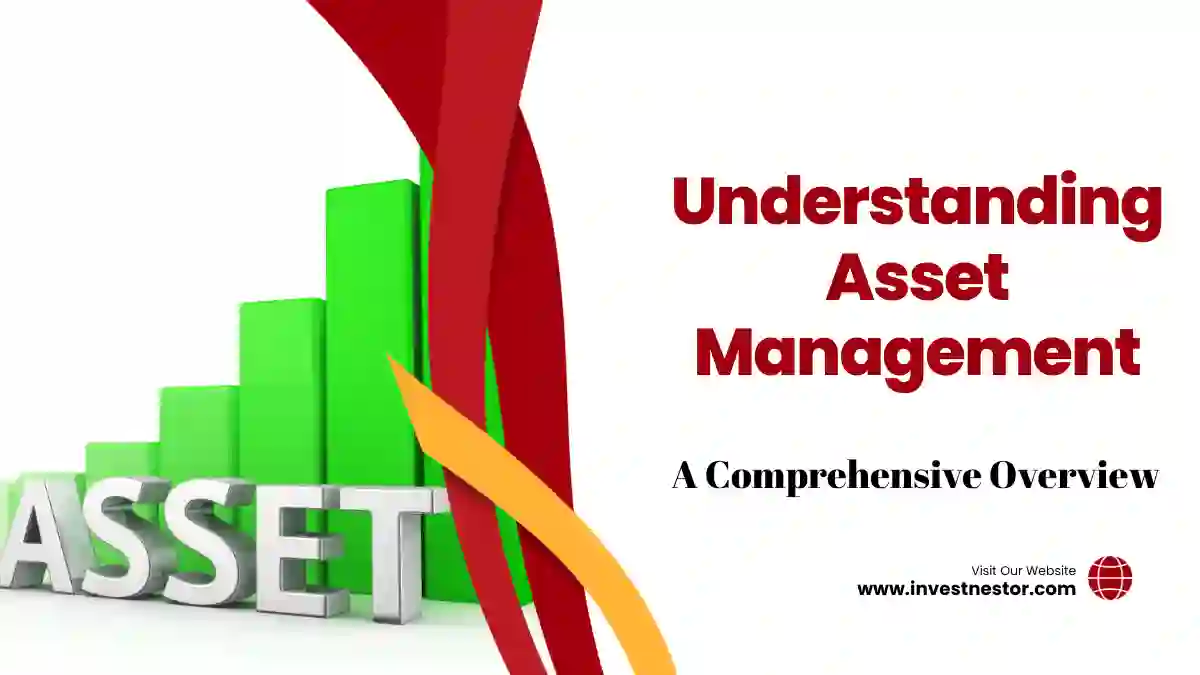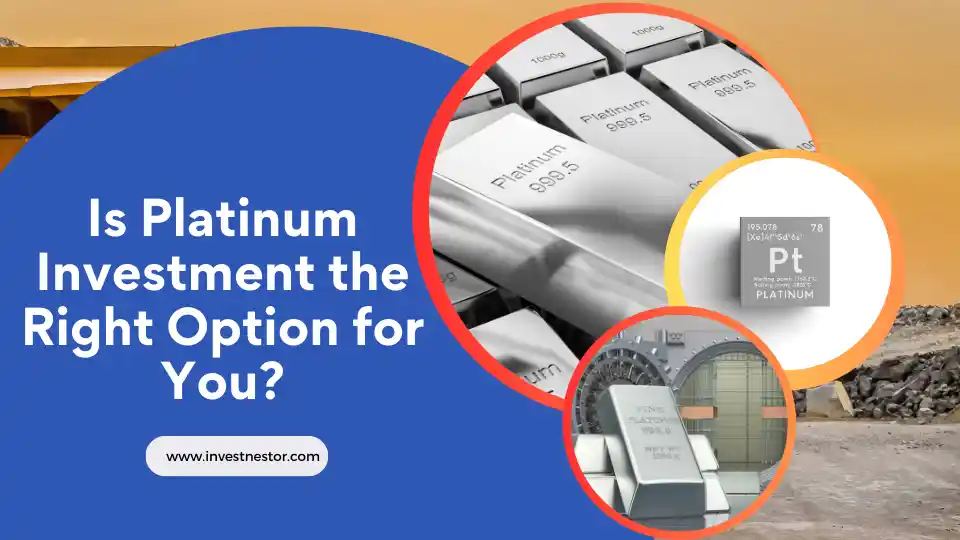
How to Buy a House With a Land Contract (Even With Bad Credit)
Discover how to purchase houses, flats, companies, and even empty property using a "land contract." There is a technique to avoid third-party money while buying a home. Land contracts are buyer-seller agreements to acquire property. Now, let's consider how they work and quick tips to build one.
What are Land Contracts?
A land contract, also known as a land contract agreement or purchase and sale agreement, is a legal document that plays a crucial role in buying land. This can include vacant land or land with existing buildings and homes. It's a unique financing arrangement where the seller takes charge and acts as the lender.
Instead of getting a mortgage, the buyer pays the seller directly until the balance is settled. You should consult real estate lawyers for legal counsel and guidance if needed.
How do land contracts work?
Since there's no traditional lender involved, the entire process is faster, cheaper, and free from loan-related fees or closing costs. Say goodbye to traditional purchase mortgages!
Here's how it works:
The buyer and seller negotiate a contract that mentions important details like the sale price, interest rate, loan term, down payment, and frequency/amount of the monthly or periodic payments. Instead of borrowing from a lender, the seller finances the purchase, making things simpler and hassle-free.
In most land contracts, payments are made over a few years in installments. The buyer then makes a large payment, known as a "balloon payment." Taxes, insurance, and modifications are often included in the overall cost of buying a house.
What are the pros and cons of a land contract?
Let's examine a land contract's advantages and disadvantages:
The Bright Side: Pros of a Land Contract
-
Easily Obtainable: Financing in a land contract is relatively easier, with flexible terms, and can be shaped according to the buyer and seller's agreement.
-
Low-Cost Property Buying: Land contracts open doors to buying affordable properties, especially when a small-dollar mortgage is not an option.
-
No Extra Fees: The buyer doesn't need to cough up mortgage origination fees, and while other closing costs are optional, they are recommended.
-
Refinancing Options: Once the buyer improves their credit and saves up a down payment, the land contract can be refinanced with a traditional mortgage.
-
Quick Purchase: Compared to buying with a mortgage, land contracts tend to be faster.
-
High Returns for Seller: Sellers can earn a good rate of return.
The Dark Side: Cons of a Land Contract
-
High-Interest Rates: A buyer unable to secure traditional financing may not find favorable terms in a land contract, as the interest rates could be substantially higher than conventional mortgage rates.
-
Risk of Loss: The buyer could lose the property if the seller goes bankrupt, passes away, fails to pay taxes, or stops paying the mortgage.
-
Weak Legal Protections: Land contract deals might not have strong state law protections for buyers.
-
Refinancing Issues: There might be multiple hurdles to refinancing with a mortgage, such as poor property condition, the buyer's low credit score, undervalued property, etc.
-
Transfer and Collateral Issues: A buyer may be unable to use the land contract as collateral for another loan. Transferring their interest in the property might not be possible until the contract's terms have been satisfied.
Quick Tips for Land Contract
-
Be Cautious: Recognize that fraudsters prey on buyers less savvy in financing. Ensure you exercise extreme caution.
-
Find the Right Seller: Get help from a real estate agent to find sellers willing to finance or check local online listings.
-
Get Legal Help: Both parties should have a real estate lawyer for creating agreements and contracts with essential details like property description, payment schedule, and terms.
-
Plan for Balloon Payments: Buyers should anticipate balloon payments. The inability to cover the lump sum may result in losing the home.
-
Right-to-Cure Protection: Include this protection in the contract, allowing a buyer a chance to rectify defaults by catching up on payments.
-
Handle Deeds Correctly: The seller should sign the deed at closing, and it should be held in escrow until the final payment. Post this, transfer the ownership to the buyer.
What are typical land contract terms?
Here are typical terms in a land contract:
-
Party Details: Name and address of all involved parties.
-
Property Description: Accurate description of the property.
-
Property Ownership: Acknowledgement of the current owner.
-
Easements: Description of any easements on the property.
-
Limitations: Clarity on any land contract limitations.
-
Liens: Any liens on the property should be referenced.
-
Usage Terms: How the property can be used.
-
Payment Terms: Clear terms of payment.
-
Interest Rate: An interest rate determined with a land contract calculator.
-
Late Payment Procedure: Guidelines on handling late payments.
-
Contract Duration: Defined start and end dates for the contract.
-
Responsibilities: Assign party responsibilities and obligations.
-
Insurance Terms: Clarity on insurance terms.
-
Ownership Transfer: Guidelines on transferring property ownership.
-
Warranties & Guarantees: Inclusion of any warranties and guarantees.
-
Acceleration Rights: Assert your right to acceleration.
-
State-specific Clauses: The insertion of any state-specific clauses.
-
Signature Line: A blank signature and date lines for the closing signatures.
After all the legal checks, you can sign the final document with the buyer. Make copies, both digital and hard copies, of the signed contract for future reference. It's a good habit to keep all relevant parties in the loop.
Final words
Land contracts provide a different approach to traditional mortgages and cater to individuals who may not qualify for conventional loans. But some risks come with them. First-time homeowners may benefit from low- or no-down-payment loans or programs. These programs often include assistance and grants that can help cover initial homeownership costs.
Suggested Articles
Frequently Asked Questions
Q1 What's a downfall for a first-time buyer securing financing through a land contract?
A1: A downfall for first-time buyers using a land contract is increased risk alongside potentially unfavorable terms or rates compared to conventional mortgages and first-time buyer programs.
Q2. What is the difference between a land contract and a purchase money mortgage?
A2: The difference between a land contract and a purchase money mortgage lies in their legal structure: land contracts are agreements between buyer and seller, whereas purchase money mortgages involve traditional lenders.
Q3. Is a contract for deed also called a land contract?
A3: Yes, a contract for deed is also called a land contract. They represent the same financing agreement between a buyer and seller for a property.





0 Comments
Add a comment